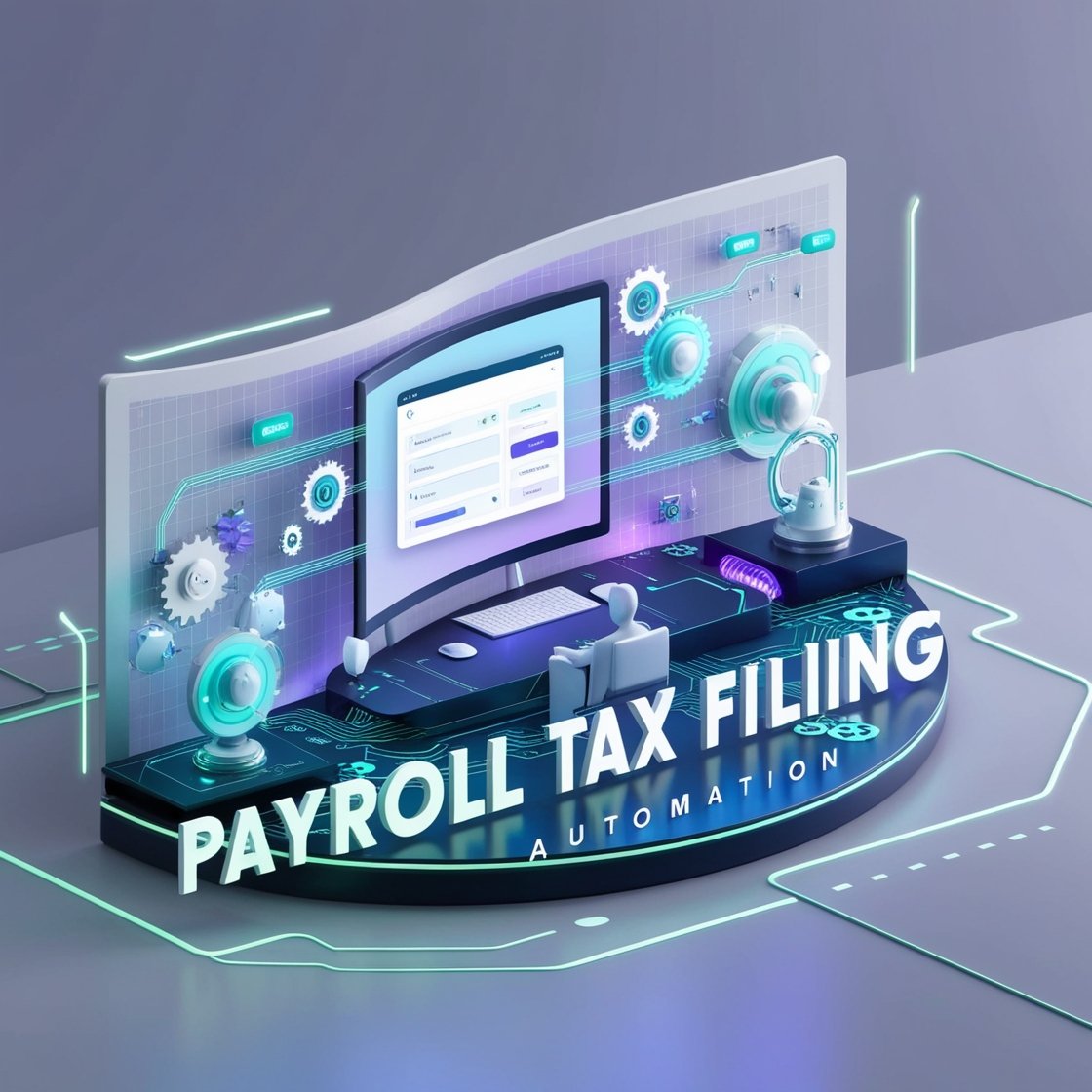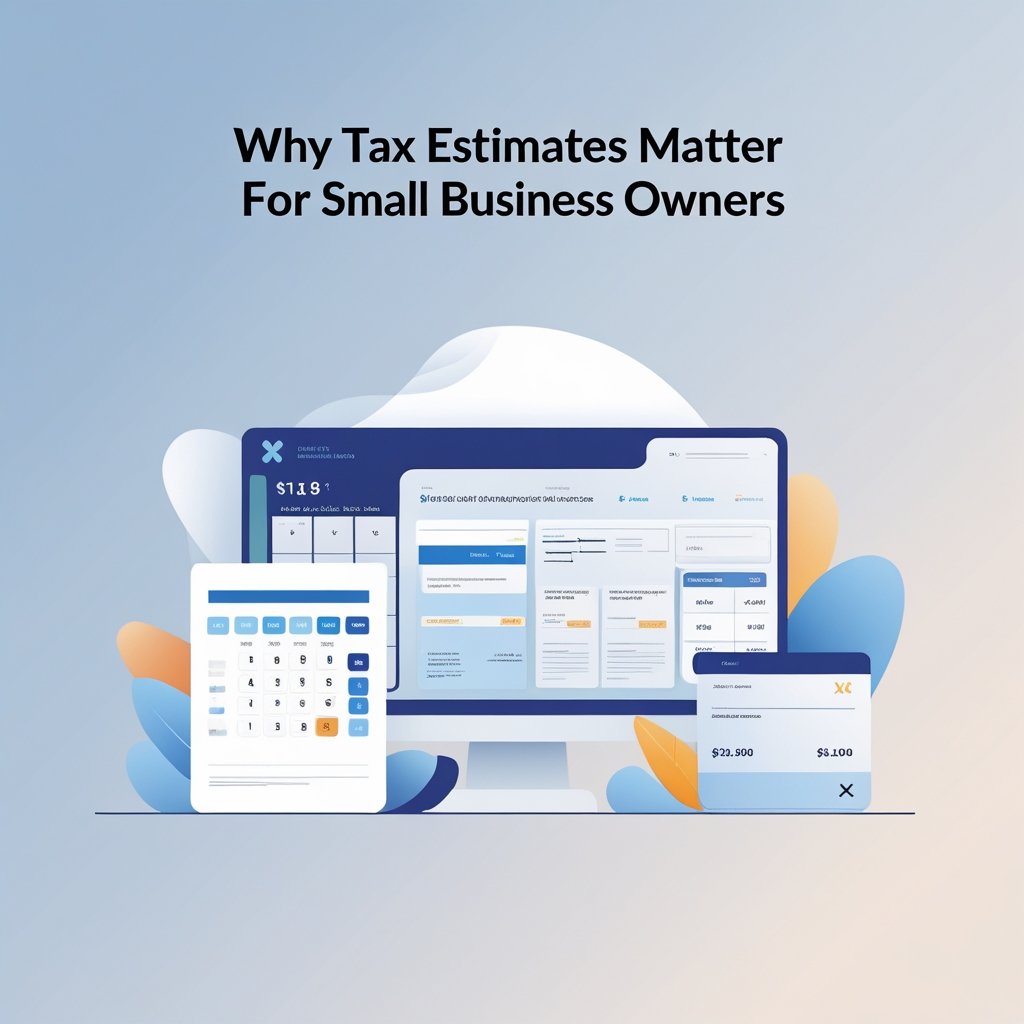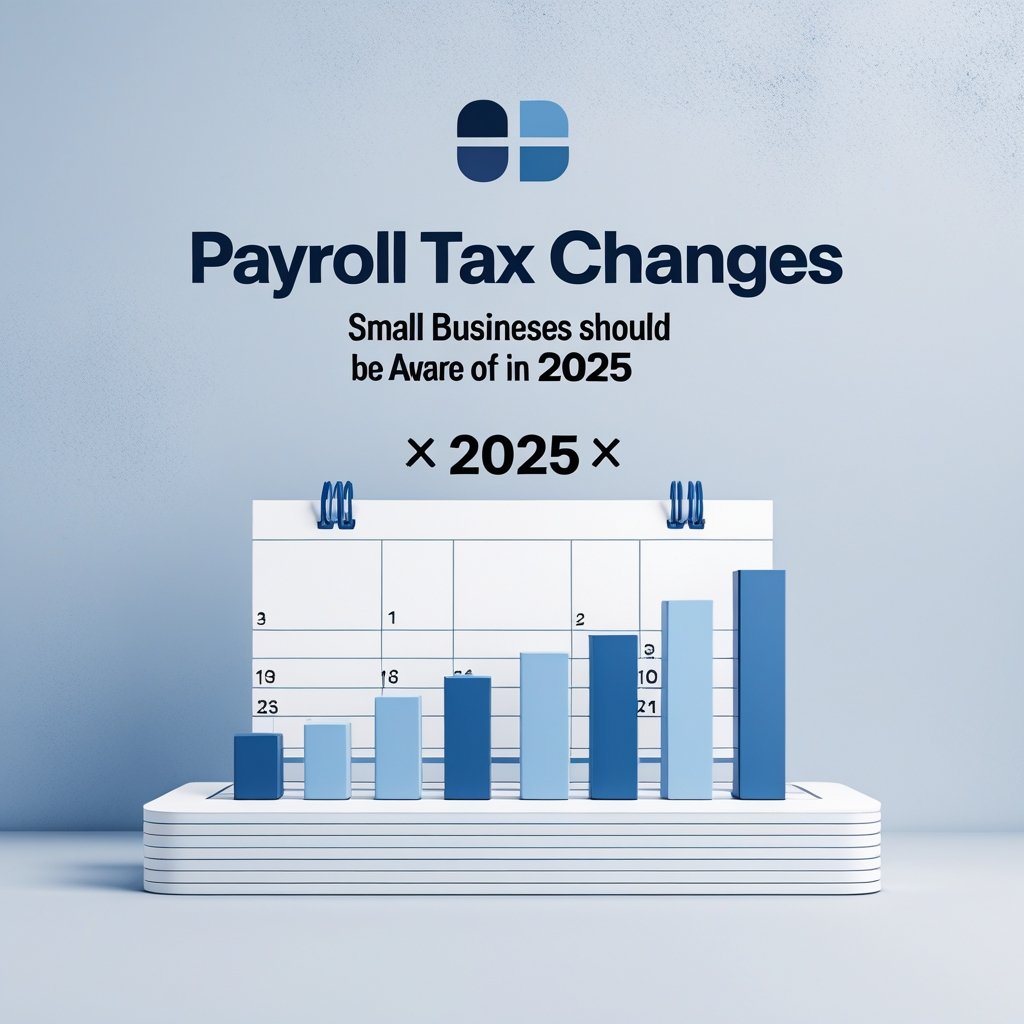Automation is transforming nearly every aspect of business operations, and payroll tax filing is no exception. Traditionally, managing payroll taxes has been a tedious and error-prone process, requiring meticulous calculations, compliance tracking, and timely submissions. Automation is changing the game, enabling businesses to handle payroll tax filing with greater speed, accuracy, and efficiency. Here’s a look at how automation is revolutionizing payroll tax filing and why it’s a must-have for modern businesses.
- Enhanced Accuracy and Compliance
Mistakes in payroll tax calculations can lead to costly penalties and strained relationships with tax authorities. Automated payroll systems reduce errors by:
- Real-Time Tax Calculations: Automation tools use up-to-date tax tables to accurately calculate federal, state, and local taxes.
- Compliance Tracking: Automated systems monitor changing tax regulations and update settings accordingly, ensuring compliance without manual intervention.
- Error Alerts: These systems flag discrepancies in data, reducing the risk of filing incorrect amounts.
By reducing human error, businesses can avoid IRS penalties and ensure their payroll processes run smoothly.
- Streamlined Filing Processes
Manual payroll tax filing involves significant administrative effort, from filling out forms to ensuring timely submissions. Automation simplifies this by:
- E-Filing Integration: Many payroll software solutions integrate directly with federal and state e-filing systems, allowing seamless submission of tax forms like Form 941 and Form W-2.
- Automated Deadlines: Alerts and automatic submissions help businesses meet filing deadlines without last-minute rushes.
- Batch Processing: For businesses with multiple employees or locations, automation handles bulk calculations and filings efficiently.
- Improved Data Management
Payroll tax filing requires accurate and organized data. Automation improves data handling by:
- Centralized Record Keeping: All payroll and tax-related data is stored in a secure, centralized system, making it easy to access and audit when needed.
- Data Synchronization: Automated systems sync data between HR, accounting, and payroll platforms, ensuring consistency across departments.
- Audit Trails: Comprehensive logs of payroll activities help businesses address disputes or audits with ease.
- Cost and Time Savings
Manual payroll tax management consumes valuable resources, especially for small businesses with limited staff. Automation saves time and money by:
- Reducing Administrative Burden: Payroll teams can focus on strategic tasks rather than manual calculations and filings.
- Lowering Outsourcing Costs: Automation reduces the need for external payroll services, making it a cost-effective solution.
- Minimizing Penalties: Accurate and timely filings help businesses avoid fines for errors or missed deadlines.
- Scalability for Growing Businesses
As businesses expand, managing payroll taxes becomes more complex, especially when dealing with multi-state or international payroll. Automation supports scalability by:
- Handling Multi-State Payroll: Automated systems apply the correct tax rules for each state or jurisdiction, ensuring compliance across regions.
- Customizable Workflows: Businesses can tailor automated processes to meet their specific needs as they grow.
- Global Tax Management: Advanced systems can calculate and file payroll taxes in multiple countries, supporting international operations.
- Integration with Advanced Technologies
Automation in payroll tax filing is evolving further with the integration of cutting-edge technologies like:
- Artificial Intelligence (AI): AI-powered tools predict tax liabilities, detect anomalies, and optimize payroll processes for efficiency.
- Machine Learning: Systems learn from historical data to improve accuracy and adapt to unique payroll scenarios.
- Blockchain: Blockchain technology enhances security and transparency in payroll tax transactions, providing immutable records for compliance purposes.
- Enhanced Employee Experience
Automation doesn’t just benefit employers—it also improves the employee experience by:
- Real-Time Access: Employees can view their pay stubs, tax deductions, and year-end forms through self-service portals.
- Faster Resolutions: Automated systems process corrections and updates quickly, ensuring employees receive accurate payments.
- On-Demand Wage Access: Some platforms offer early access to earned wages, improving financial flexibility for employees.
The Riwa is your one-stop financial partner, providing reliable tax, payroll service. We help businesses and individuals across the USA.
Contact us: info@theriwa.com & Visit our website : theriwa.com
.






